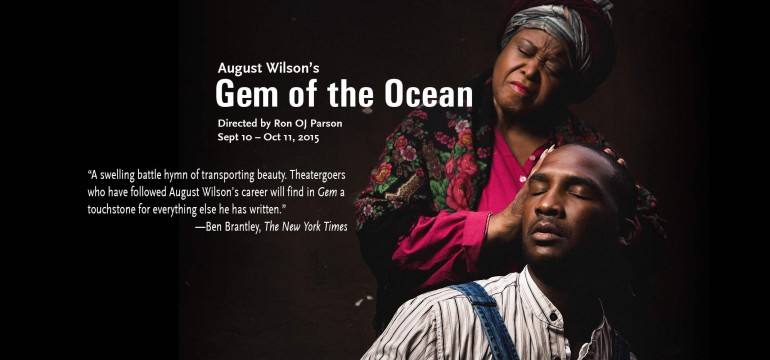


Lindsay conveys the desperation of Citizen clearly in both his movement and words.Įqually distinctive is Weaver’s Aunt Ester. Liz Morgan MFA ’13 perfectly embodies a build-up of frustration alongside a steady determination in her character Black Mary, captured strikingly through her persistent cleaning and shuffling across the room. The cast’s mastery of movement matches Sandy’s prowess, bringing a new dimension of vivacity to the setting. To powerfully address these vast, multifaceted issues exclusively through interactions that take place in the living room of a 285-year-old woman could not have been an easy feat - but it is one which Sandy accomplishes with skill that becomes increasingly clear through the nuances of movement and reactivity within the living room. Having been denied education and resources, they find only menial jobs for low wages and are overcharged for crowded, scanty living accommodations. With Aunt Ester’s living room comprising the single set of the play, its scope is inherently domestic and intimate - even as it addresses the plight of recently freed enslaved peoples who continue to be exploited in the labor force after they migrate to the North. Sandy’s directorial prowess is clear throughout the production. She folds the bill of sale from when she was sold as an enslaved person to make a paper boat, which Citizen names the Gem of the Ocean. Ester leads Citizen on a journey to the City of Bones, the home of enslaved Africans who never made it to America.

The play follows guilt-driven Citizen Barlow (Christopher Lindsay MFA ’21) as he seeks out Aunt Ester (Rose Weaver MFA ’00), a well-known spiritual guide and formerly enslaved person, to cleanse his soul. The show was directed by Jude Sandy ’05 MFA ’09, who received his bachelor’s in Africana studies and theatre arts at the University and his master’s in acting at the Brown/Trinity MFA program. “Gem of the Ocean” is currently running at the Providence theater Trinity Repertory Company from Feb. It is this precise historical moment four decades after emancipation –– but while “ slavery was still living memory” –– that provides the backdrop for “Gem of the Ocean.”

One of the last plays he wrote in the series was chronologically the first, set in 1904. In 1979, August Wilson made history when he wrote his first version of the play “Jitney.” He didn’t know at the time that this play would launch the 10-part series that would turn him into who The New York Times deemed “ theater’s poet of Black America.” The 10 plays in the series “The Pittsburgh Cycle” each chronicle the African American experience in a different decade of the 20th century.


 0 kommentar(er)
0 kommentar(er)
